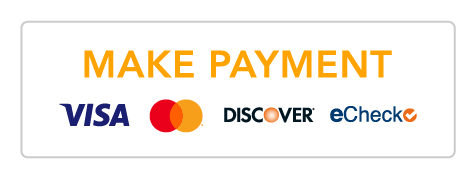Your investments are like a recipe; countless ingredients can be mixed in a variety of ways to pursue a multitude of results, but frankly, some of us are better chefs than others. At Thielen and Associates, Inc., we consider ourselves financial connoisseurs who offer a wide menu of services that can be customized to fit your individual tastes and needs.
Four Key Ingredients
To quote Warren Buffet, “Price is what people pay; value is what they pay for.” If you’re considering a fee-based relationship, it’s important to know the value of working with a financial professional in an ongoing relationship. We’ve broken down the value of an ongoing relationship into four key ingredients.
A Customized Approach
We have a comprehensive, tax-smart approach to your specific needs. The conversation is not centered on chasing performance, but rather, in building a relationship that is centered on the real issues, concerns and life goals that you face. We use the following wealth management topics as a framework to systematically address your financial needs: Investment Management, Cash-Flow and Debt Management, Family Risk Management, Retirement Planning, Education Planning, Legacy and Estate Planning,
Business Planning and Special Situations
We work with you to really understand all aspects of your financial position, both now and in the future, which can lead to a customized, holistic game plan on how to address your specific needs.
Behavioral Discipline
Building and protecting what you’ve earned is critical to achieving your goals, but it is impossible to time the market perfectly. Incorrectly timing the market can come with a high cost: when the market unexpectedly performs well, an investor may miss some of the best-performing trading days. If you attempt to time the market, short-term market fluctuations may prevent you from achieving your long-term goals.
Compounding the difficulty is the fact that investing is an emotional experience, which is why it is hard to stay disciplined with your investment approach when the market is volatile. When the media uses words like “turmoil,” “plummet,” or “boom” to describe market movement on a daily basis, it can be hard to fight the urge to abandon an investment that seems to be failing or buy into an investment that seems to be soaring. That’s why we are here to help you stay disciplined in the investment process.
Ongoing Investment Management
If you only go to the doctor when you’re sick and never have an annual checkup, you may only be addressing short-term illnesses instead of concentrating on your overall, long-term health. Likewise, purchasing an investment product one time may have addressed a short-term goal, but investing in a fee-based approach provides ongoing management of your assets that remains focused on your long-term goals.
In an ongoing relationship, we provide comprehensive quarterly performance reports and more importantly, we meet with you regularly to evaluate your assets and the progress you have made toward your financial goals, reviewing additional wealth management issues as they arise. If your goals change or the market shifts, we work with you to adjust your investments accordingly. Like the rumble strips on the sides of highways, we help you stay focused on getting to your destination and not veering off course in the process.
Tax Considerations
Taxes are important — Americans spend more on taxes than they do on food, clothing and housing combined.¹ As today’s economic, financial and tax landscapes become increasingly complex, a comprehensive approach to financial services — one that considers your entire financial picture — can lead to clearer and more confident financial decisions. That’s because every financial decision, from your investment choices to financing a home, saving for retirement, or funding a child’s education, also carries important tax implications. Making financial decisions that ignore important components of your overall financial picture can lead to unintended consequences and ineffective outcomes, just as mitigating taxes can add significant value to your assets.
The Value of Good Advice
Bad advice that’s free can cost you more than good advice you pay for. Working with a financial advisor in an ongoing relationship offers you the potential to protect and grow your assets over time. When you combine four key ingredients—customized approach to investing, behavioral discipline, ongoing investment management, and tax considerations—you create a recipe for pursuing success.
¹Source: Ericka York, April 2019, Tax Foundation’s Center for Federal Tax Policy.


